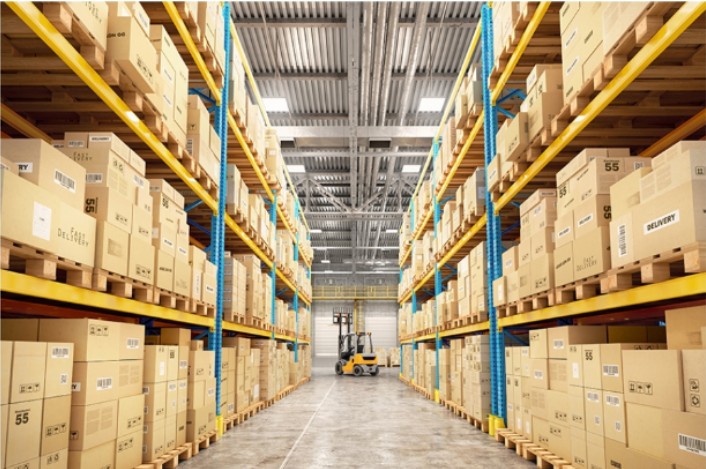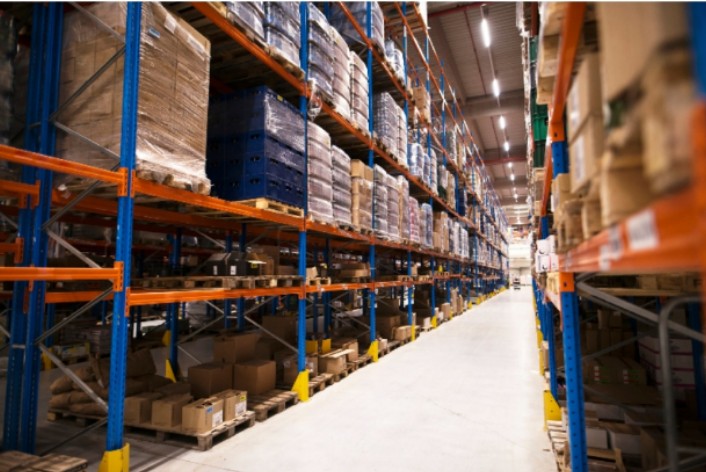The future of manufacturing industries in Vietnam is changing drastically due to the establishment of smart factories. With the country’s efforts to develop the manufacturing sector, thus sustaining the industrial advantage, smart factory systems are becoming essential. This article will discuss studies on smart factories, the advantages and characteristics of smart factories, and the measures to promote this new technology in Vietnam.
Benefits of Smart Factories
Smart factories represent a leap forward in manufacturing efficiency and productivity. These advanced facilities leverage cutting-edge technologies to streamline operations and optimize performance.
- Increased Efficiency and Productivity: Smart factories make use of automation, robots, and real-time data analysis to improve production. This leads to less time in using the equipment, shorter cycle times, and increased throughput. For instance, a smart factory in Ho Chi Minh optimization can enhance productivity, increase the delivery time, and satisfy the customer needs to the maximum.
- Enhanced Data Analytics and Real-Time Monitoring: One of the major benefits of smart factories is informational, including real-time data collection and analysis. Smart factories enable manufacturers to make the right decisions, concerning the machine’s maintenance, the allocation of resources, and the amount of wastage that occurs within the firm.
- Reduced Operational Costs: By using technology to perform repetitive tasks and manage resources in smart factories, businesses can reduce their operational costs. This will reduce the labor, energy, and material used in production, thus enhancing efficiency in production.
- Improved Product Quality and Consistency: Modern smart factories utilize various technologies in quality assurance with the help of machine learning algorithms for defect detection. This creates quality products, less waste, and more customer trust.
The radical application of multiple top-notch technologies is one of the notable distinguishing features of smart factories.
Key Features of a Smart Factory

Integrating various higher-level technologies is the main factor that distinguishes smart factories from conventional production plants.
- Integration of IoT Devices and Sensors: Smart factories are enabled and extended by IoT devices and sensors. They allow the tracking of equipment and the state of the environment and processes that are taking place at that particular time. This data is then used to analyze and control the work to attain efficacy.
- Automation and Robotics: Robotics and automation are the key components of smart factories. They perform time-consuming routine operations, giving the workers more time for other demanding tasks. This not only promotes work efficiency but also stabilizes factors that pertain to safety at the workplace.
- Advanced Data Analytics and Machine Learning: Smart factories involve data collected by IoT devices and sensors to analyze data analytics and machine learning to make insights. These technologies allow predictive maintenance, process improvement, and real-time decision-making.
- Connectivity and Communication Technologies: Smart factory integrates the components of manufacturing organizations through high-speed network connectivity and using the latest communication technologies. This makes it easier to share data and facilitates overall coordination, hence improving productivity.
Smart Factory Initiatives in Vietnam
Vietnam has quickly been integrating itself into embracing smart factory technologies with the push from the government, industry, and successful examples.

- Government Support and Policies: The Vietnamese government is strategically encouraging smart factory implementation through various strategies and pull factors. These can be tax credits, grants, and project funding for research and manufacturing development of the desired improved technologies.
- Leading Companies and Their Smart Factory Projects: Several major Vietnamese enterprises are the pioneers of the smart factory concept. For instance, VinFast – a top automobile producer, has incorporated smart factory technologies into the facilities of the product, thereby cutting down on the cost of production.
- Case Studies and Success Stories: Many good examples prove the effectiveness of smart factories in Vietnam’s conditions. For example, there is a famous electronics manufacturer in Ho Chi Minh City that has applied several IoT devices and automation to its production line; thus, it can increase production line efficiency by 30% and gain substantial savings on consumption costs.
Challenges and Solutions
Although smart factories can benefit manufacturers in several ways, this trend also causes some challenges. With the right strategies, businesses can address them easily:
- Initial Setup and Investment Costs: The expenses associated with implementing a smart factory are initially expensive. This is, however, compensated by the incentives offered by the government to businesses and the phasing of smart technologies in businesses.
- Integration with Existing Systems: Applying such innovations as smart factories to existing structures might be challenging. Businesses can overcome this challenge by assigning the task of selecting technology partners to qualified people with the needed experience to select competent and suitable firms.
- Skill Gaps and Workforce Training: Implementing smart factory solutions needs human capital. This can be dealt with by providing training and development to enhance the resource’s competency to meet new technologies.
- Cybersecurity Concerns: As more and more smart factories are connected, they are also more prone to cyber risks. Therefore, to avoid possible risks such as utilizing weak passwords, good cybersecurity protocols should be observed and security audits should be conducted often.
Future Prospects and Trends
Thus, analyzing the tendency toward further development of smart factories in Vietnam, the growth and prospects are worth considering, and there will be essential advancements in the future.
- Expected Growth and Advancements in Smart Factory Technology: Smart factory technologies will continue to expand further with further development of IoT, AI, and robotics. This will help improve efficiency, productivity, and the quality of all activities in progress.
- Potential Impact on the Local and Global Manufacturing Industry: It will revolutionize the manufacturing industry locally and internationally through smart factories. Therefore, manufacturers can satisfy the escalating needs, save money, and remain viable on the international market.
- Predictions for the Next Decade: With expectations for smart factories, they will become the standard in factories in the following decade. This transformation is driven by the evolution of technology and focused sustainability.
To Conclude

Industrial competency is defined by smart factories, as they are changing the picture of manufacturing industries in Vietnam and providing several advantages, including efficiency, cost-effectiveness, and product quality. With governmental support, leading companies driving innovation, and successful case studies demonstrating their potential, smart factories will become one of the key aspects of the further development of the country’s industrial domains.
For those organizations operating in this environment and striving to be ahead of their competitors, the smart factory is a strategic step in the right direction. Savills Industrial is ready to overcome these changes and realize the full potential of smart factories in Vietnam. To find out how you can get involved in the smart factory revolution, call Savills Industrial today!





